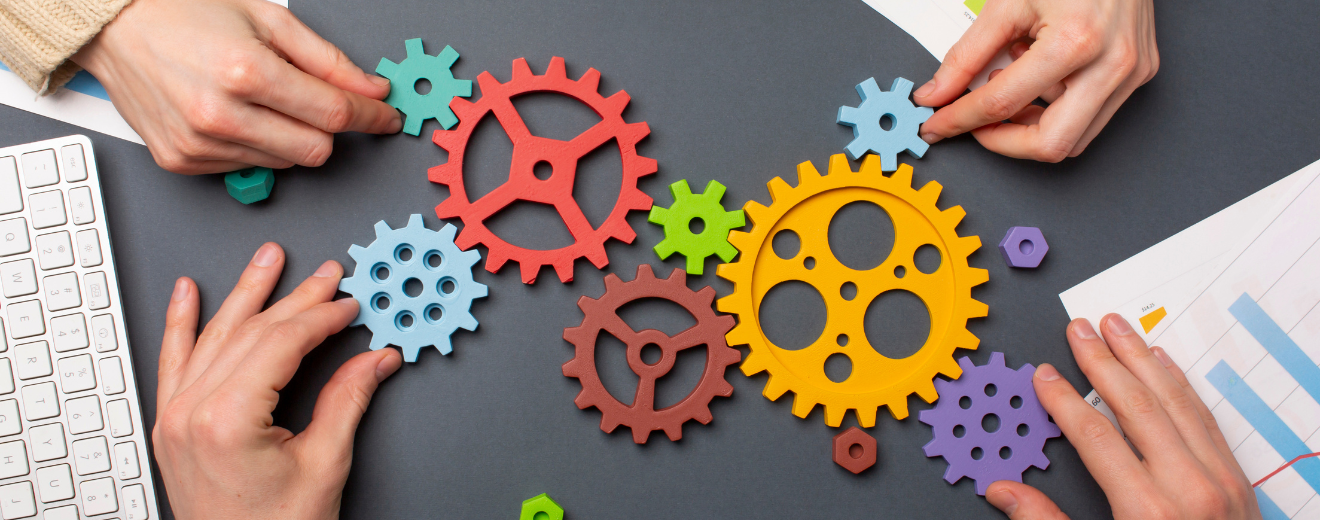My dog has his invite method down to a fine art… it starts with the lowering of his head and lowers the whole of his front part of the body down to show he isn’t interested in attacking and then the back of his body starts wiggling with his tail wagging like a metronome, He slowly and carefully approaches to make sure you can see his friendly intention and interest… because he just wants your engagement…. He wants a stroke and a chat and preferably a “good boy” endorsement of this invite and interaction.
So given my dog can overcome language and species barriers and be highly successful (he is well known in our neighbourhood)
What are you doing to invite, check in and engage people into your conversations and collaborations when working remotely?
Taking the time to really “Check-In” before we get into our meetings is often skimmed over when we are remote, but there is a whole lot of information that our video cameras just don’t reveal. Subconsciously we read the posture and mood of a person as they walk into a room with confidence and a smile, with a hand out in greeting or are distracted by things they are carrying and doing. All of these visual signals I can adjust for, to improve my engagement with them, but when we are remote, it is harder to do. That’s why making the time to “check-in” properly at the beginning of each meeting is even more important when working remotely.
For our Ekipa Team Daily Check-in / Stand-ups use a variety of things such as Today I am feeling.. Sad, Glad, Mad and / or Afraid, because..
Other times we have used the Moodmeter app that helps us identify our mood(s) at check in, and has helped us build our emotional vocabulary, which has been so valuable to then recognising and managing the challenging moods that have come up – especially as the pandemic has evolved and our freedoms have changed.
One especially challenging Monday morning when we have our weekly planning session we decided to experiment with the riders and elephants emotional culture deck – we each reviewed the white cards and specifically identified the emotions we did not want to have this week ahead, but might have. We designed quick strategies to manage them, should they come up. At the end of the week – we reflected on how it had worked for each of us. Without hesitation our week that had started out feeling gloomy, had excelled.
The benefits of these enhanced check-in activities?
- Even though we are a distributed team – we feel much better connected and it’s much easier to be there for each other – our Ekipa family.
- We are able to engage with each other and listen with more compassion as the next part of our meeting proceeds
- We are definitely happier – even when there is challenges and change all around us
- Finally it’s easier to respond to the change when we understand our moods and emotions and can start to proactively manage them for our improved wellbeing.

.png)





